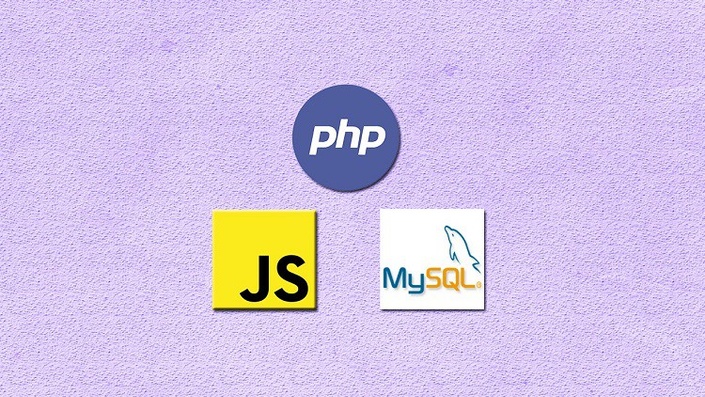Clean Code with PHP examples
Learn Clean Code to become a better PHP developer, write easy to maintain code and do better at interviews.
What you'll learn
- How to write clean code in PHP
- Why it's important to keep functions small
- How to name variables, functions and classes
- How many parameters a functions should have
- How clean code affected MVC
- How to beautify predicates
- Why comments are bad and when you can use them
- The difference between an OOP object and a Data Structure Object
- Why composition is good and inheritance is bad
- What are the symptoms of bad code
- What state is and why it's important
- Why your code should have low coupling and high cohesion
- How to avoid spaghetti code
- What are Command and Query separation, Tell Don't Ask and The Law of Demeter
- How over-engineering is not a solution to bad code
Course content
4 sections • 25 lectures • 1h 54m total length
- 1. OOP Objects vs Data Structure Objects (4:20)
- 2. Composition Over Inheritance (5:16)
- 3. Symptoms of Bad Code (2:03)
- 4. What is state in programming and why is it important. State and MVC. (5:34)
- 5. Low Coupling, High Cohesion (7:28)
- 6. Command and Query Separation, Tell Don't Ask and The Law of Demeter (4:35)
- 7. Test Pyramid and Test Driven Development (3:50)
- 8. Is over-engineering a solution to bad code? (spoiler: it isn’t) (3:02)
- 9. YAGNI (1:51)
- 10. Project (2:03)
Requirements
- You have to know the basics of writing code in PHP
Description
This is a course about useful clean code principles.
My aim is to teach you concepts that you can use every time you write code.
Clean Code can help you:
- Write better PHP code and thus become a better PHP programmer
- Create easy to maintain projects
- Perform better during interviews by showing knowledge of advanced programming concepts
The course has PHP examples and I sometimes mention things like Symfony and MVC.
The course is structured in 4 parts:
1. Introduction - where we discuss what is clean code and why it's important
2. Small Functions - I gave small functions an entire section because I think its one of the most important principles of clean code, together with small classes, Single Responsibility Principle and Not crossing Different Levels of Abstraction.
3. Clean code: Fundamental Principles - I discuss here about fundamental things like method and variables names, parameters, comments and exceptions
4. Clean code: Advanced Principles - Here I talk about more abstract topics like the difference between an OOP Object and a Data Structure Object, Composition over Inheritance, Symptoms of Bad Code, State, Low Coupling - High Cohesion, Command and Query Separation, Tell Don't Ask, The Law of Demeter, YAGNI and more.
The course also contains some memes because you can't spell clean code without fun.
I tried to focus on things you can use every day when programming and stay away from barren theory.
There's no point wasting our time with useless knowledge that would just seem like it's helping you as a programmer, but that you will forget in 2 weeks.
If that would have been the point, this would be a 10 hours course about programming patterns.
But it isn't.
I tried to make the course full of useful information but not too long.
If you invest as little as two hours of your life in this course, about the time you would spend watching a movie, you will become a much better developer.
Who this course is for:
- PHP developers

